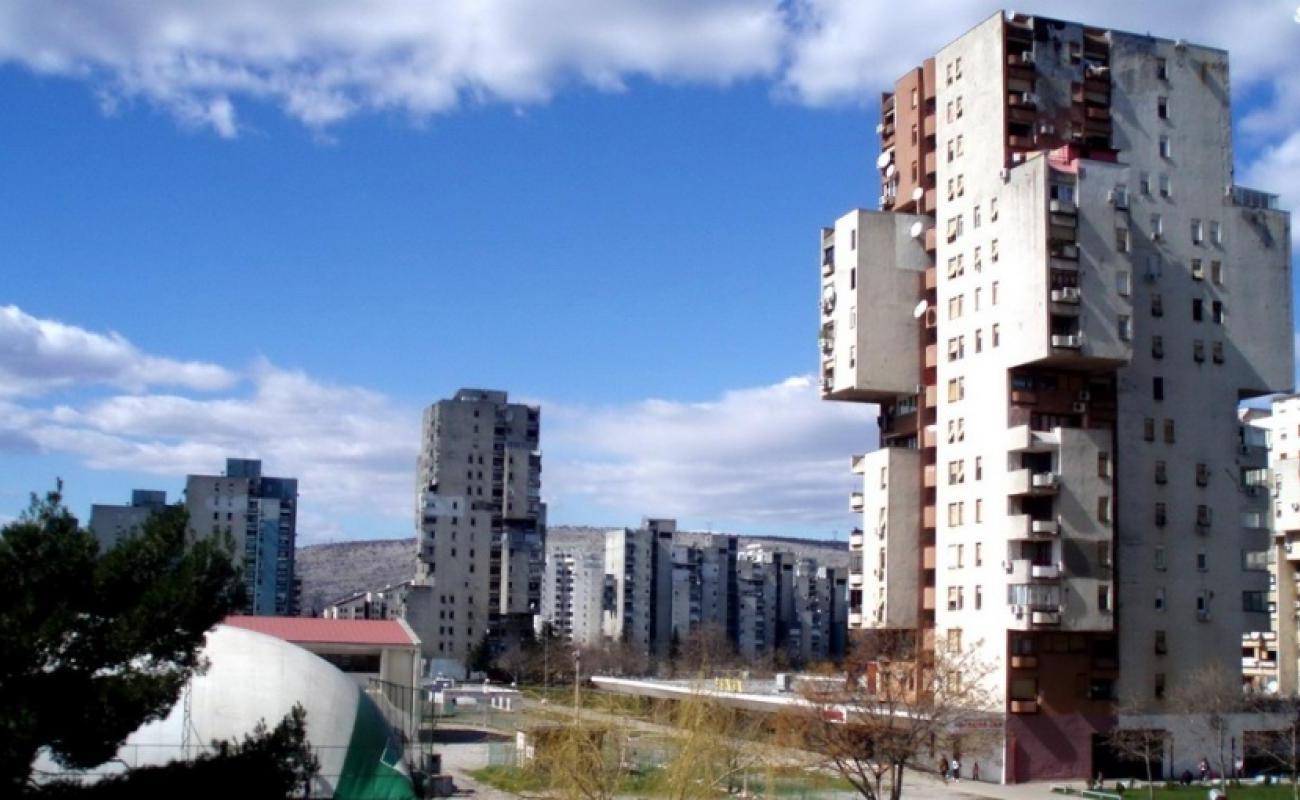EU fears "malign influence" in Montenegro from Russia, China and Serbia

High political tensions and polarisation in Montenegro have delayed the country’s progress on EU integration, according to a report adopted by the European Parliament's Foreign Affairs Committee on September 20.
MEPs noted that the country was thrown into a deep political institutional crisis due to lack of dialogue between political parties on matters of national interest.
Although the pro-Western Europe Now (PES) party won the June 11 snap general election, it did not get enough seats in parliament to rule on its own. The party’s leader, Milojko Spajic, has said several times that PES has already secured the needed majority, but there is still no coalition agreement, nor has a government been nominated and approved.
The report noted that Montenegro urgently needs to achieve political stability and make substantial progress on EU-related reforms, including electoral and judicial reforms and the fight against organised crime and corruption.
At the same time, the report noted that the EU is concerned by “malign foreign interference, destabilisation efforts, hybrid threats and disinformation campaigns by foreign actors in Montenegro, notably those originating from Russia, China and Serbia”.
“Bearing in mind Montenegro’s previous indebtedness to China, MEPs call on the authorities to reduce the economic dependence on China and call on Montenegro to continue making use of the Economic and Investment Plan for the Western Balkans and the EU Global Gateway Initiative with a view to finding greener and transparent alternatives for financing infrastructure projects,” the report noted.
Meanwhile, Montenegro’s media landscape remains deeply politically polarised, while the public broadcaster remains dependent by those in power.
“MEPs expect the formation of a pro-European government as soon as possible, one which will clearly and unequivocally support European policies and values, in accordance with the expectations of a significant majority of the country’s citizens,” the report’s rapporteur, Tonino Picula (S&D, Croatia), noted.
